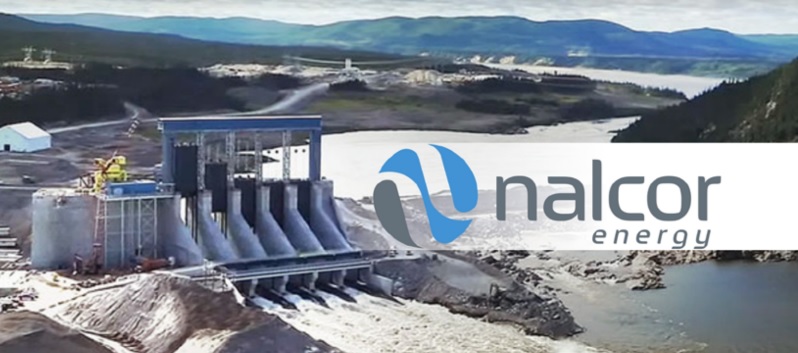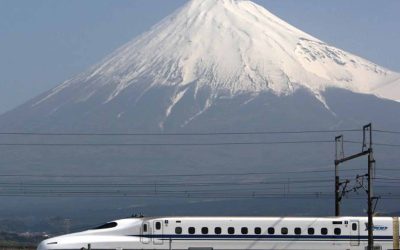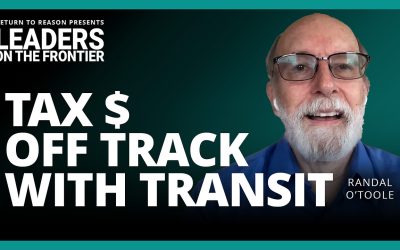Nalcor is the electric power generating holding company supplying the province of Newfoundland and Labrador, ‘NL’. It is also the parent company of Newfoundland & Labrador Hydro, ‘NLH’, the actual utility that distributes and sells electric power to households, industrial and commercial customers, and government and other institutions in the province. Its principal assets are NLH, the Churchill Falls power unit, and the Muskrat Falls generating facility.
The Muskrat Falls project is nearly complete. Valuing the company at this point is misleading, as the output from the project will not be fully online for the whole year until 2021.
Using an intrinsic value method, and discounting to the ‘present’, i.e., 2021, shareholder equity in Nalcor’s projected future free cash flows, using net income as a proxy for free cash flow (which is currently, and likely foreseeably, very low or negative) as Nalcor is today, but debt-free, taxed at statutory rates, is estimated at a minimum of $2.36B to a maximum of $16.52B, with a tighter, more plausible range of a median (midpoint of all the relevant values) of $4.13B to a mean (simple average of all the relevant values) of $5.32B.
Read the entire valuation here.
[su_document url=”https://fcpp.org/wp-content/uploads/VS30_NFLDpower-Valuation_SP1319_F2.pdf”]



